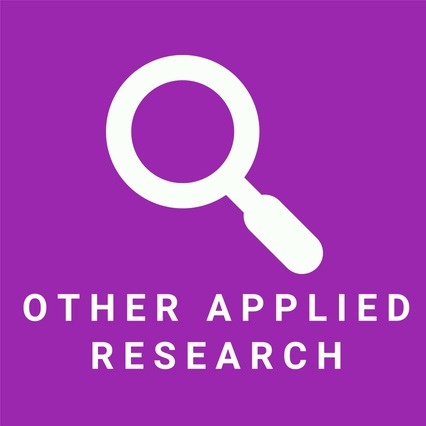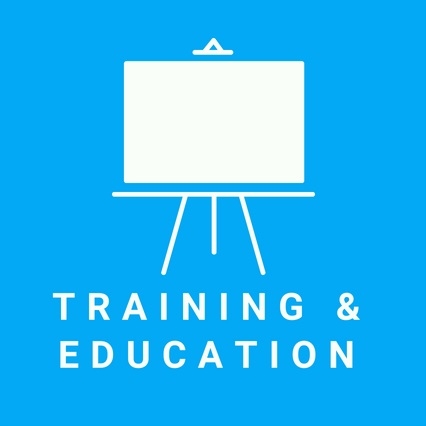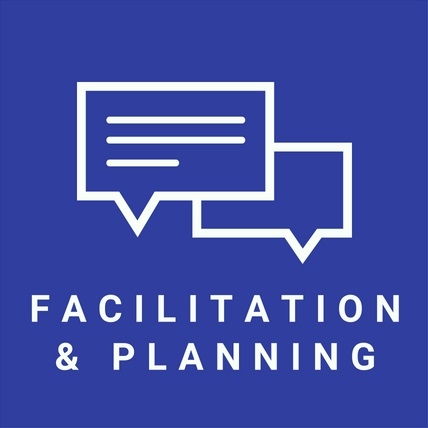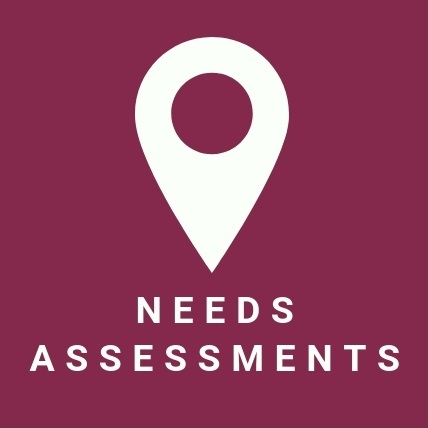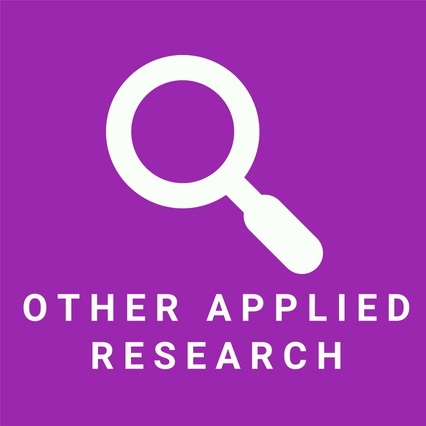Projects
CCBR typically has 15-20 ongoing projects and has completed over 450 projects since 1982. Each project is guided by our commitment to impacting social change in practical and powerful ways. We conduct research with people not on people, cultivating respect with communities at every step of the process.
Projects can be searched for using words from the project title or using the service area, theme, or date range for the project. You can also type 'Service Area' or 'Theme' into the search bar to get a list of options in each of these fields.
Projects
CBR provided training, coaching, and resourcing to project researchers, community supporters, and youth researchers. The work was funded by INSPIRIT Foundation.
The Young Women and Cyber Violence Project was a 24-month evaluation project implemented by three frontline agencies to engage girls and young women aged 14–24 of diverse racial and ethno-cultural backgrounds across the City of Toronto to identify and address cyber-violence experienced by their peers. This evaluation was funded by St. Stephen’s House Youth Services.
CCBR conducted an evaluation of the Blueprint Project, which included developing data collection tools, data analysis, and writing the final report. The evaluation was funded by Women’s Multicultural Resource and Counseling Centre of Durham (WMRCC).
CCBR worked with CAMH in three communities (Hamilton, Kitchener/Waterloo and Timmins/Cochrane) to identify, review, and synthesize existing information about mental health system gaps within each community related to transition. The assessment was funded by Centre for Addictions and Mental Health (CAMH).
CCBR was asked to provide ‘snapshots’ of systemic barriers that diverse communities face in accessing Region of Waterloo's services and programs. Interviews were done with individuals representing nine diverse groups: immigrants and refugees, LGBT folks (lesbian, gay, bi-sexual, and transgender), people living with disabilities, Indigenous people, people living in poverty, rural residents, seniors, youth, and women.
Youth participants identified the most pressing anti-violence issues for their peers in six Greater Toronto Area schools and organized an event to create awareness. CCBR conducted an evaluation of this initiative by developing all data collection tools, a youth researcher guide, and training youth researchers to carry out data collection. The evaluation was funded by the Metropolitan Action Committee on Violence Against Women and Children (METRAC).
CCBR evaluated the Job Search Workshop Program (JSW), designed to ensure that “newcomers have the knowledge and skills to better understand the strategies, business perspective, and next steps of their job search process”, for its curriculum’s implementation and outcomes. The evaluation was funded by COSTI Immigrant Services.
CCBR supported an evaluation of the tri-district Lions Quest Skills for Adolescence initiative in four school boards in Cochrane North, Cochrane South, and Timiskaming. CCBR completed analysis of the data collected from year one to three and produced a final report which included recommendations for improving the program and future evaluation activities. This evaluation was funded by Child & Family Services Timmins & District.
CCBR provided two evaluation reports on the effectiveness of the High on Life Challenge, a prevention program designed to help youth find healthy alternatives to drugs and alcohol.
